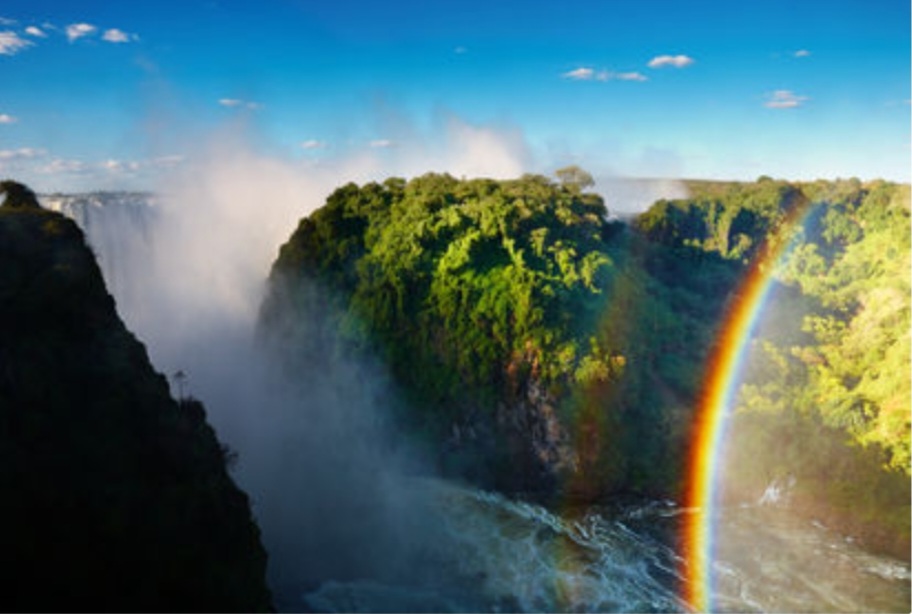Call for Contributions: Intersectionality and Climate Justice in Eastern Africa

Call for Contributions to edited book volume: Intersectionality and Climate Justice in Eastern Africa
Eastern Africa is acutely experiencing the climate crisis. From increasing dry seasons, heatwaves, drought, and food insecurity, to flooding and mudslides, for countries across the region, climate change is an issue of today not of tomorrow. With the majority of countries in the region characterised as ‘low income’, they are less financially able to mitigate or adapt to climate shocks and slow onset changes. High (and growing) rates of poverty, gender inequality, unemployment, and health disparities serve to ensure climate change impacts are inequitably experienced. A focus on Eastern Africa thus provides an important and timely opportunity to look at the lived realities of the climate crisis today, offering a key place to learn from and explore questions and issues relating to the inherent structural inequalities of climate change and claims for a ‘right to development’, as well as efforts to curb environmental catastrophe and level the global playing field. This includes questions of loss and damage, social, gender and disaster justice, growing environmental social movements, green(er) urbanism, social inclusion and equity, and the formation, adoption, and implementation of new national climate change legislation.
Building on the success of our virtual workshop ‘Intersectionality and Climate Justice in Eastern Africa’, held on 9th August 2023, we are seeking contributions for an edited book that will put forth intersectional case studies, theoretical advancements, and other creative contributions to the growing field of climate justice across Eastern Africa. It aims to demonstrate the importance of an intersectional approach in which the climate crisis cannot and should not be seen in isolation from other social, political, and development issues and imperatives. Potential themes that chapters could address include:
- Intersections between climate, environmental and social justice;
- Gender justice: gender, sexuality, and climate change;
- Climate knowledge production and access in/from/on Eastern Africa;
- Climate (in)justice in/across different settings (urban, rural);
- Disproportionate climate impacts on marginalised communities (people living with disability, refugees and asylum-seekers, women and girls, older people, Indigenous people and ethnic minorities, etc);
- Displacement and (forced) migration resulting from climate change, environmental shifts, and disasters, and impacts of climate change on forcibly displaced people;
- Inter/Generational (in)justice, intra/cross generational solidarity, age-based experiences of climate change;
- Social movements, resistance, and civil society responses to the climate crisis;
- Theoretical and conceptual interventions on environmental and climate change;
- Local conceptions of resilience and coping strategies to environmental and climate change (shocks, disaster, slow onset);
- Indigenous knowledges, knowledge production, and decolonising climate justice in Eastern Africa;
- Climate policy development and implementation within and across scales (regional, national, local);
- Access to climate finance, including capacity to develop bankable projects, distribution of finance and debt (loans and grants);
- Loss and damage, climate negotiations, and climate reparations.
For the purposes of the book, Eastern Africa is understood broadly and submissions focused on any part of the region are welcome. We particularly welcome submissions focused on countries less represented during the workshop, including (but not limited to) Tanzania, Burundi, Rwanda, and South Sudan.
Details of Submissions
Book chapters should be between 4,000 and 6,000 words, inclusive of references. We also warmly welcome shorter creative entries and provocations, including creative writing and visual storytelling, and activist interventions that speak to the core themes of the book: intersectionality and climate justice. If you would like to discuss any creative submissions in advance, please contact us by email, we would love to hear your ideas.
Submissions are open to researchers, academics, policy-makers, graduate students, activists, and civil society practitioners. Applicants based in Eastern Africa are especially encouraged to apply. Our editorial team will work closely with selected authors to support their work to publication. All submissions should be original and not previously published.
How to Submit
For a more traditional book chapter, please submit an extended abstract in the form of a chapter proposal of 500-1,000 words, inclusive of references. Abstracts should clearly detail the proposed chapter’s argument, methodology, contribution, and relevant context. There is no set word length for creative entries - please submit a proposal and sample of your creative work so that we are able to make a fair assessment.
The deadline for all submissions is 6 October 2023. Results will be announced by Friday 20 October 2023, with feedback provided to selected submissions. Selected submissions will be invited to submit a full draft chapter by 31 January 2024.
To submit your work for consideration, please send: 1) your extended abstract or creative proposal, 2) biography for each author (100-200 words each), 3) primary affiliation of each author, 4) contact details of each author. Please send these to Dr Crawford with the subject line: ‘INTERSECTIONALITY AND CLIMATE JUSTICE IN EASTERN AFRICA’.
The book will be edited by Dr Neil Crawford (University of Leeds), Ms Susan Nanduddu (African Centre for Trade and Development), Dr Elvin Nyukuri (University of Nairobi), and Dr Katie McQuaid (University of Leeds), with support from the GENERATE Project (UKRI) and the Centre for African Studies (LUCAS) at the University of Leeds (UK).
If you have any questions, please contact Dr Crawford.
